On September 19, the National Assembly Delegation of Ho Chi Minh City held a session to explain the implementation of Resolution 98/2023/QH15 of the National Assembly on piloting special mechanisms and policies for the development of Ho Chi Minh City; disbursement of public investment capital, digital transformation and building digital government.
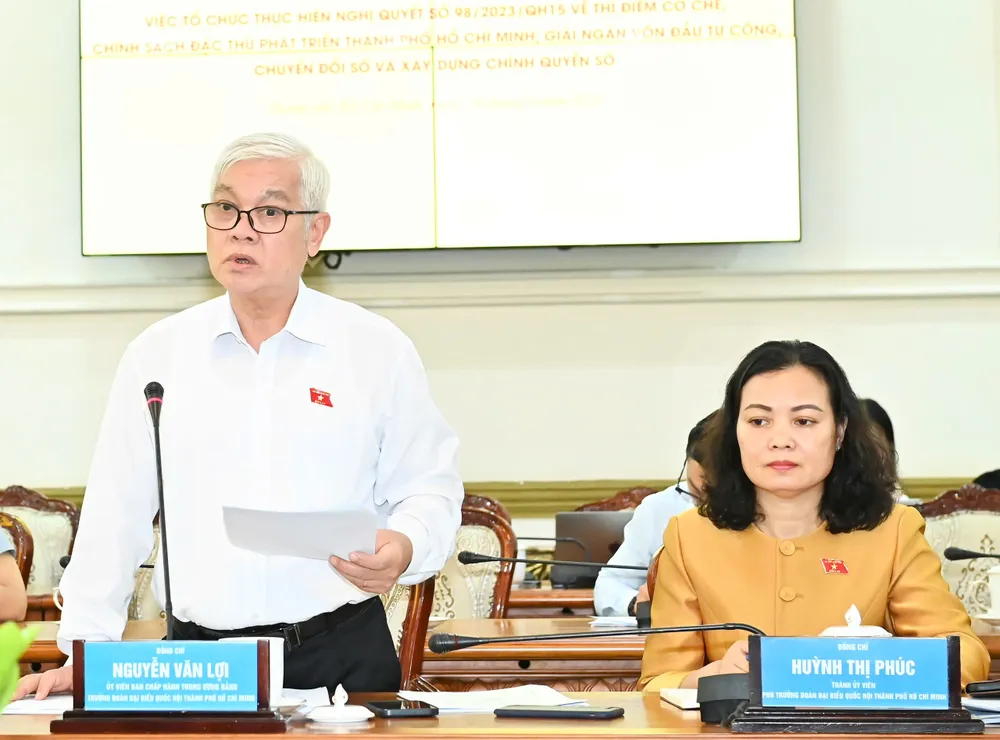
Concluding the meeting, comrade Nguyen Van Loi analyzed that after the merger, Ho Chi Minh City has expanded its scale, development space and the need for investment capital for projects and works serving the city's development is very large. From that analysis, the Head of the Ho Chi Minh City National Assembly Delegation said that it is necessary to propose increasing the budget allocation ratio for the city.
To solve the problem of investment capital for development, the Head of the National Assembly Delegation of Ho Chi Minh City suggested that Ho Chi Minh City promote the mobilization of social capital, diversify investment forms, and concretize new mechanisms and policies to promote the city's development. At the same time, pay attention to revenue sources from fees, charges, land revenue, etc. and calculate and regulate salary sources to serve public investment.
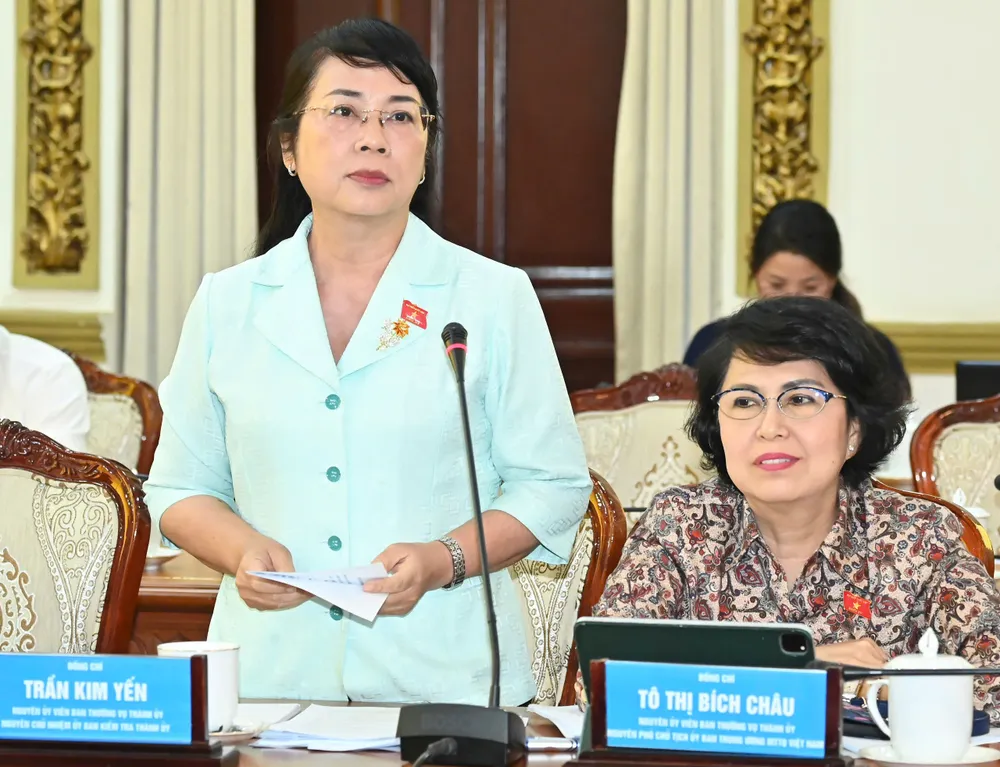
Emphasizing the importance of decentralization and delegation of power, reducing the "ask-give" mechanism, comrade Nguyen Van Loi suggested that there should be a mechanism to delegate power to the city and that the city should be responsible for implementing investment projects from the beginning to the end. Central ministries and experts participate in the advisory council for Ho Chi Minh City. He suggested adding this mechanism to the draft Resolution amending and supplementing Resolution 98/2023/QH15 of the National Assembly.
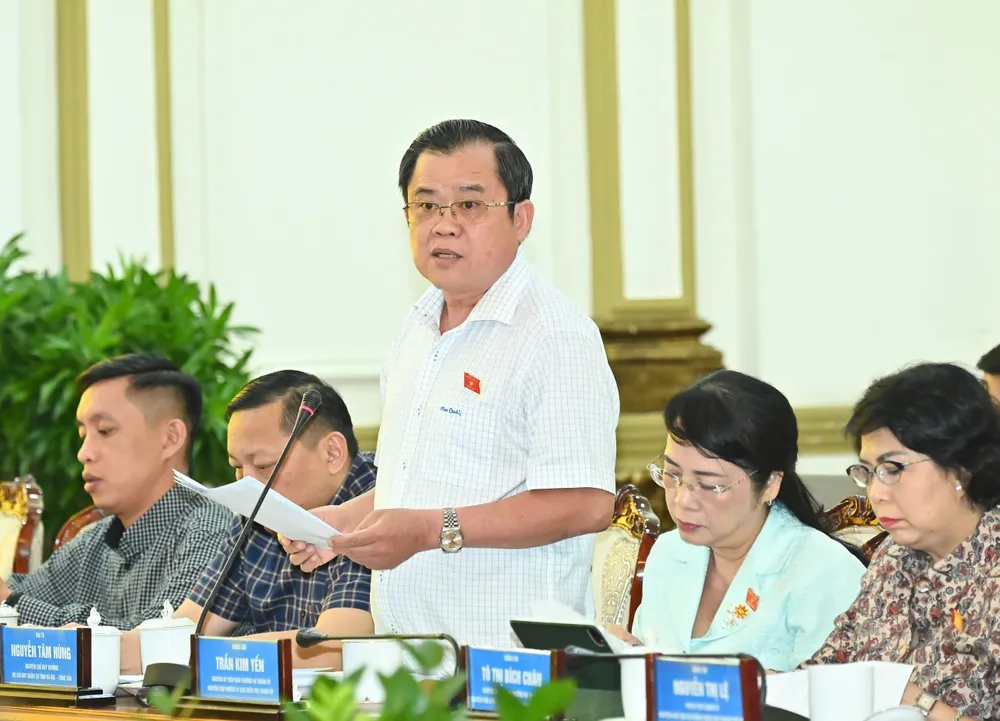
Faced with the situation of “having money but not being able to disburse it”, the Head of the National Assembly Delegation of Ho Chi Minh City acknowledged that this is a “chronic disease” of some localities and that “strong medicine” is needed to treat it. In addition to shortening procedures, it is necessary to quickly remove bottlenecks in site clearance, solve the shortage of construction materials, and install land for projects.
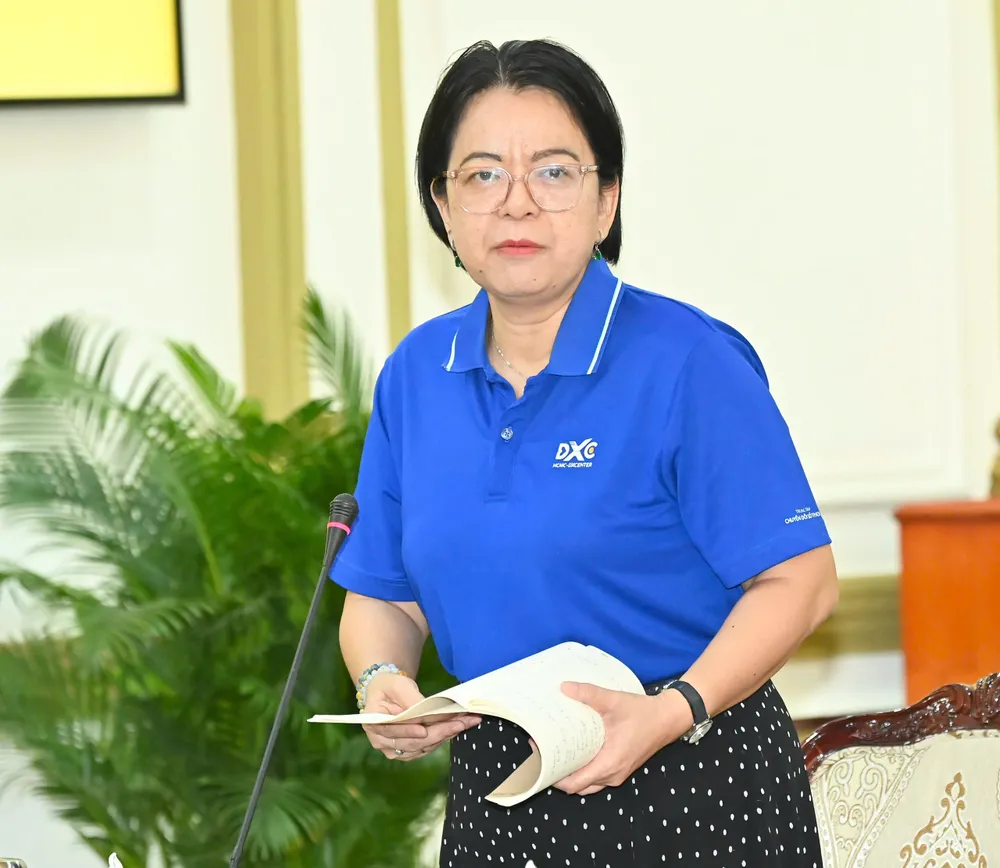
Referring to the slow-moving projects, the Head of the HCMC National Assembly Delegation suggested that the city review, focus on removing obstacles and speeding up progress. Because slow-moving investment projects affect the ability to absorb capital for the whole society.
Regarding digital transformation and e-government development, the Head of the Ho Chi Minh City National Assembly Delegation suggested that Ho Chi Minh City invest synchronously in information technology infrastructure and operating equipment and machinery. Along with that, strengthen network security, data security, and pay special attention to policies to attract human resources, especially the information technology team.
Review of commune-level functions and tasks
After nearly 3 months of operating the 2-level local government model, the Head of the National Assembly Delegation of Ho Chi Minh City said that, besides positive results, there are still shortcomings and limitations. Therefore, he suggested that the city review the tasks, functions, and contents of decentralization and delegation of power to the commune level.
Ho Chi Minh City also needs to review the number of staff at the commune level to propose that competent authorities recalculate the number of staff to suit the specific area and population of each locality, instead of the current average staff allocation.
Source: https://www.sggp.org.vn/truong-doan-dbqh-tphcm-co-tien-ma-khong-tieu-duoc-la-can-benh-tram-kha-post813744.html





![[Photo] Cutting hills to make way for people to travel on route 14E that suffered landslides](https://vphoto.vietnam.vn/thumb/1200x675/vietnam/resource/IMAGE/2025/11/08/1762599969318_ndo_br_thiet-ke-chua-co-ten-2025-11-08t154639923-png.webp)


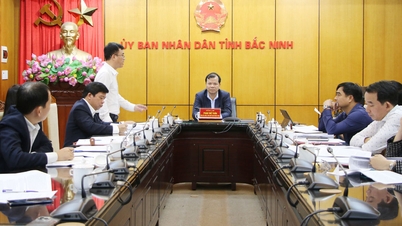

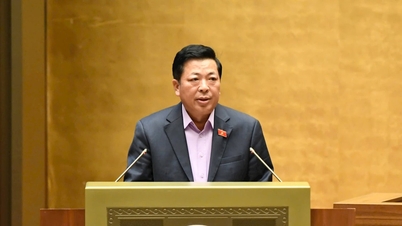

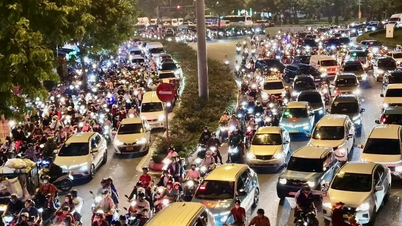

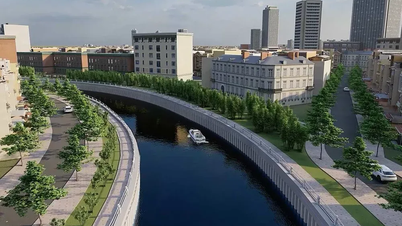


















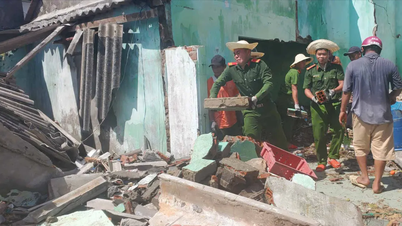









![[Video] Hue Monuments reopen to welcome visitors](https://vphoto.vietnam.vn/thumb/402x226/vietnam/resource/IMAGE/2025/11/05/1762301089171_dung01-05-43-09still013-jpg.webp)

















































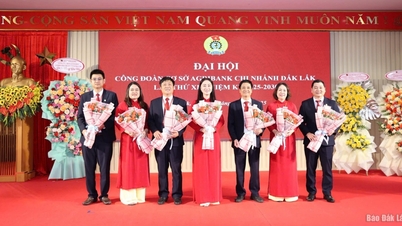















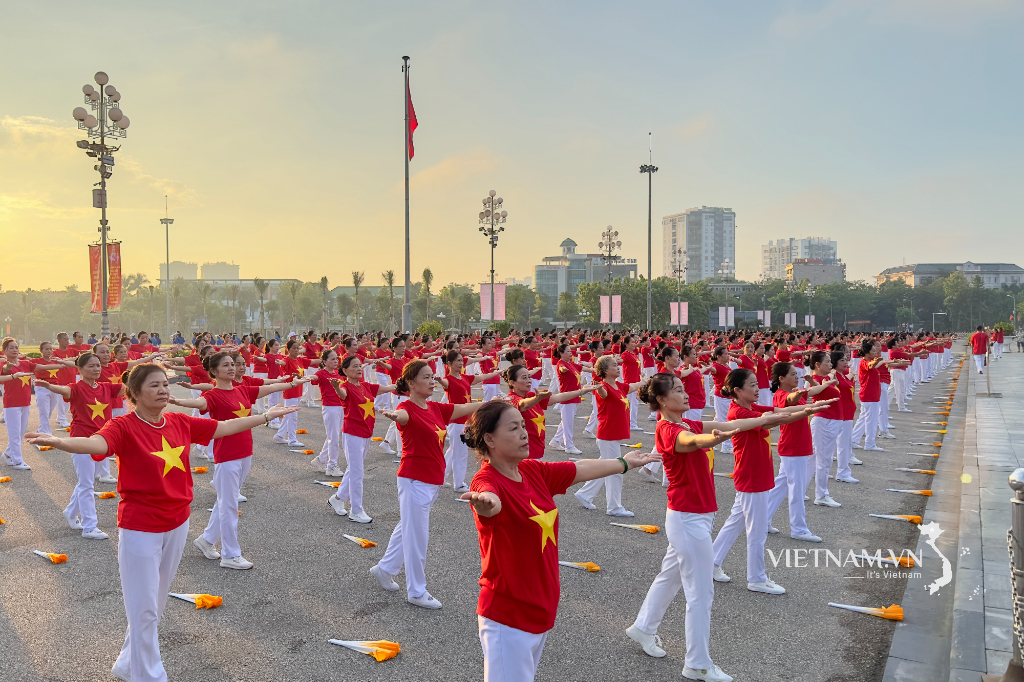
Comment (0)